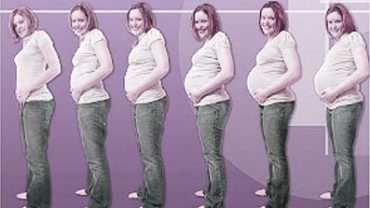Dealing with Postpartum Depression
Having a baby is supposed to be a thrilling and exciting time, but for many women it can also be a time of fear, stress and even depression. After giving birth, many women (as many as 80% of new mothers) experience a week or two of “baby blues,” marked by mood swings, mild depression, and bouts of unexplained crying, but these feelings typically disappear quickly. Postpartum depression, on the other hand can be described as on-going or worsening intense feelings of sadness, restlessness, irritability or being consistently exhausted and unable to function. Up to 15- 30% of new mothers experience full-blown postpartum depression after delivery, which can last as briefly as 2 weeks, but as long as over a year.
Common symptoms of postpartum depression include: constant or worsening feelings of worthlessness, helplessness or hopelessness, crying more than usual, lack of interest (or over interest) in baby or caring for baby, being unable to function, extreme exhaustion and sleeping too much (or too little), feelings of being overwhelmed or unable to cope, change in eating habits (not eating or overeating), change in weight, as well as loss of interest or pleasure in activities including sex. Also, being unable to make decisions, trouble focusing, feeling out of control or unusual feelings of rage and feelings of wanting life back the way it was before baby are common symptoms of postpartum depression. Frightening thoughts of suicide or harming baby and fear of being alone with baby that won’t go away are more serious symptoms, which a woman should seek help for immediately.
<< click for the rest of the article on postpartum depression >>
Depression During Pregnancy
Postpartum Depression
Depression After Delivery



